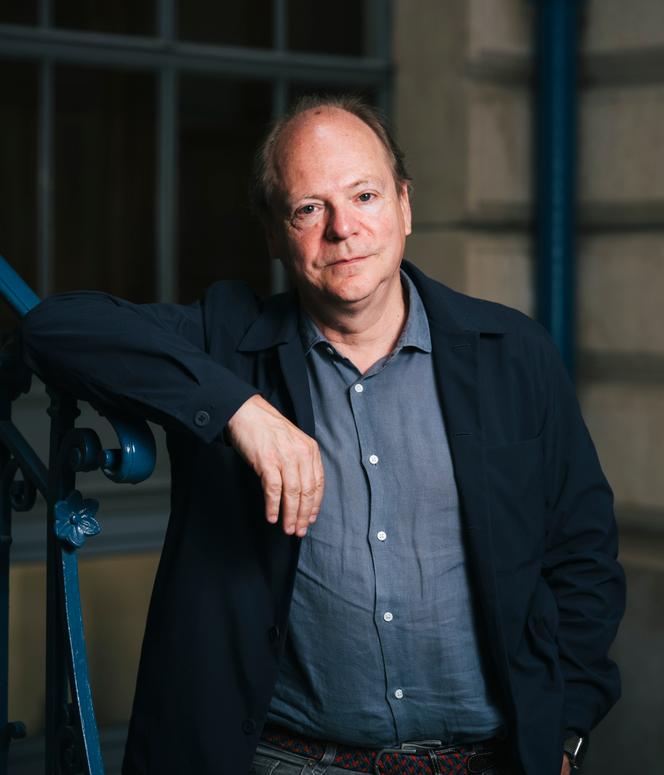


"I'm a historian of images. I know they must be left to their own devices, unencumbered by words commenting on them. Those we have produced must be allowed to make their way into our imaginations," said historian Patrick Boucheron who, alongside Thomas Jolly, contributed ("one among two thousand," he insisted) to creating the opening ceremony for the 2024 Olympic Games, which captivated the planet "For me, it's a moment of profound political joy. We took on an enormous responsibility." We can say it: It's a success. Just a few days ago, we didn't know what it would produce."
But no sooner had the curtain fallen – or rather, the balloon carrying the flame lifted high into the air – than the dazzle was over, and the controversy began. Not, as usual in theater bars, about the acting or the presence of sponsors. No: about the political message. And amidst the uproar of jeers led by the extreme right, it was his name, Patrick Boucheron, that came under fire.
A brilliant academic and prolific author – including Histoire mondiale de la France (France in the World, a New Global History, Seuil, 2017), a 1,000-page collective work that sold over 200,000 copies and had already drawn the wrath of the right – Boucheron was once again singled out as the linchpin of this offense against the "vox tradi:" "The beauty of Paris has been taken hostage by the great designers of this spectacle (Macron, Boucheron, Hidalgo…)," wrote far-right politician Eric Zemmour on X.
The eminent professor at the Collège de France, thus propelled to the rank of politician, did not expect as much. Refusing, he said, to get involved in polemics he considers "not commensurate with the collective emotion generated by the event," he would like to avoid putting a token back into the divisive machine when the whole point of the work done in writing the ceremony – alongside writer Leïla Slimani, scriptwriter Fanny Herrero and playwright Damien Gabriac – was to unify. You could sense his annoyance: "I refuse to be constantly referred to the fachosphère [generic term for the extreme right-wing media and social media sphere] by journalists who want me to comment on it. Is it so difficult to wean yourself off this daily shoot?"
For all that, the academic decided some time ago that history could not be left in the hands of a traditionalist right-wing ready to knead it with no scruples. "When I agreed to take part in this project two years ago, it was also as the author of Conjurer la peur [Sienne, 1338. Essai sur la force politique des images]. ("Conjuring Fear" [Siena, 1338. Essay on the political power of images, 2013]. Le Seuil, 2013]). We imagined this ceremony as a manifesto against fear. Why should we allow ourselves to be intimidated by ideologues who are masters in the art of hating? They want to separate us on the sole grounds that we are different when so many people continue to want to live together."
You have 32.46% of this article left to read. The rest is for subscribers only.
